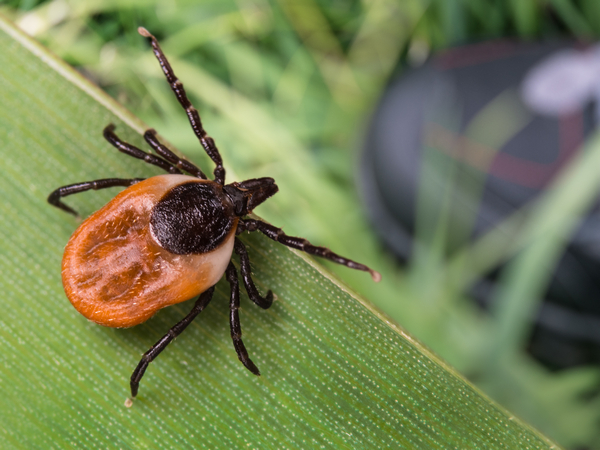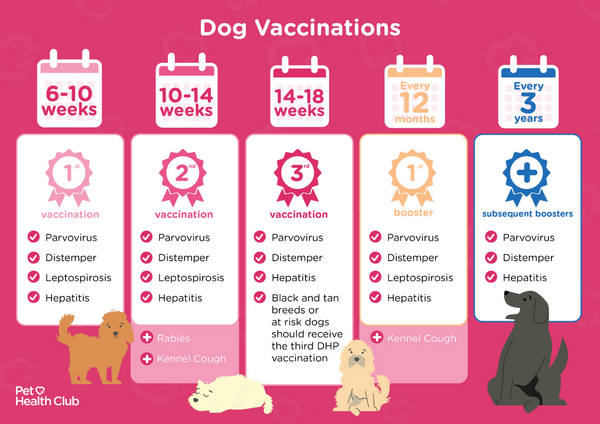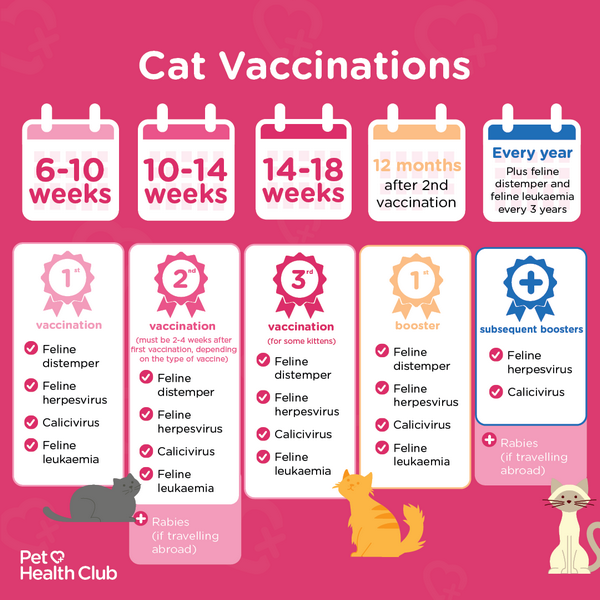7 springtime pet care tips
Spring can be a beautiful time of year, but it also has hidden dangers for our dogs and cats.
Check out our vet nurse’s nine tips to help keep your pet safe and sound this spring.
1. Watch out for stinging insects
Stinging insects like bees and wasps can cause allergic reactions in pets. Dogs might stumble upon them during outdoor adventures, while curious cats risk stings on their paws, faces, or even inside their mouths from trying to catch these buzzing creatures.
Common signs your pet has been stung include:
- Nibbling or licking one place
- Being louder than usual or vocalising at more frequent intervals
- Swelling in one area (difficult to see in long hair breeds)
- Pawing at the sting site
- Limping or not wanting to put their paw on the ground
While most pets handle bee stings without severe issues, an allergic reaction could lead to anaphylactic shock, marked by extreme difficulty breathing, vomiting, or excessive drooling. Immediate veterinary care is crucial in these cases.
2. Avoid toxic plants
Spring is a wonderful time to be out in the garden, especially if you’re a budding greenfinger. But are you aware that some of the nation’s favourite plants are toxic to pets?

These toxic plants include:
- Lilies
- Daffodils
- Hyacinth
- Tulips
- Crocus
- Oleander
- Indian Rubber Plant
- Buttercups
- Cyclamen
- Azaleas
- Foxglove

3. Keep your lawn tidy
Creating a pet-friendly garden starts with choosing safe plants and shrubs. Watch out for potential hazards like loose stones, gravel, and areas of dry soil. When using lawn care products such as fertilisers, always read the instructions and wait until it’s safe before allowing pets back into the garden.
If you store products like slug pellets, antifreeze or herbicides in your shed, ensure it’s securely locked. As a general rule, when looking for pet-safe weed killer, keep clear of these ingredients:
- Disulfoton
- Sodium Arsenite
- Metaldehyde
- Ammonium Sulfamate
- Borax
Most reputable dog-friendly weed killers are clearly advertised, and your vet can advise if you’re in doubt. You can find out more about weed killer and cats in this article.

4. Keep up-to-date with parasite prevention
Keeping our pets safe means protecting them from fleas, ticks, worms and other parasites. These pests can cause nasty diseases that can be spread to other animals and even humans.
Ticks are small biting parasites second only to mosquitoes in spreading infectious diseases to pets and people. There are several species in the UK, and their numbers are rising. They are particularly prevalent in the spring through autumn, though they can be found all year round in the UK.

Fleas are another common parasite. They survive by nestling into animals’ fur, biting into the skin and feeding on their blood. They breed quickly, too; an adult female flea can lay 50 eggs a day or up to 2,000 within her lifetime.
Fleas can also host tapeworm, meaning that if your pet grooms themselves, there's a chance they can end up with tapeworm if they swallow an infected flea.
You can keep your pet safe from these parasites by keeping up-to-date with their preventative healthcare. This could be topical treatments, tablets or a collar. Pet Health Club members receive vet-prescribed parasite prevention as part of their plan.
5. Use pet-friendly cleaning products
Are you a stickler for spring cleaning? Be sure not to leave any of these cleaning products lying around:
- Creams and lotions
- Shampoo or shower products
- Medications (ibuprofen in particular)
- Perfumes/sprays
- Toys or accessories
- Bleach
- Paint/paint stripper
- Plughole unblockers
If your pet swallows any of the above, or you think they might have, contact your vet immediately.
6. Make sure your pet is vaccinated

Your dog will be out on longer walks, your cat will be off on their adventures, and both will be encountering more animals than they do in the winter, so it’s important to stop the spread of nasty diseases by ensuring they’re up to date with their vaccinations.
What vaccinations and when they need them will depend on their age and lifestyle, but Pet Health Club members get all their pet's primary vaccinations and boosters included in the plan.

7. Get your pet microchipped
Microchipping has been a legal requirement for dogs since 2016 and will be a legal requirement for cats from 10 June 2024. Microchipping your pet is quick and painless and dramatically increases your chance of finding them if they wander off or get stolen.

Need more info?
If you need further advice on springtime pet care, have a chat with your local vet.
Find your nearest vet using our find a vet page, or speak to a vet online using our team of experienced video vets.



